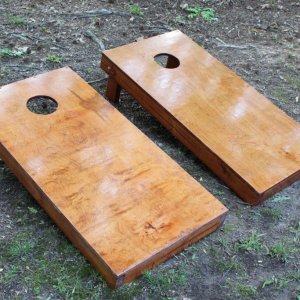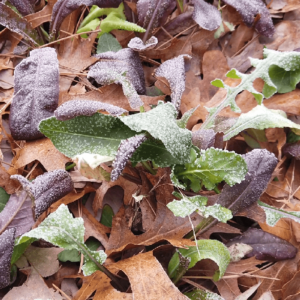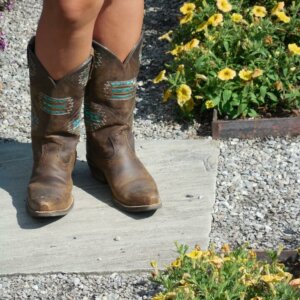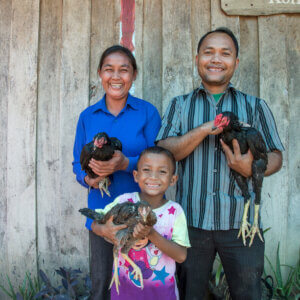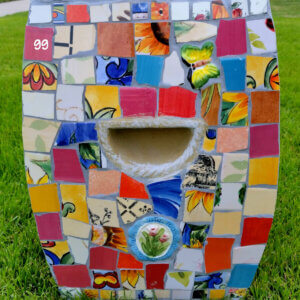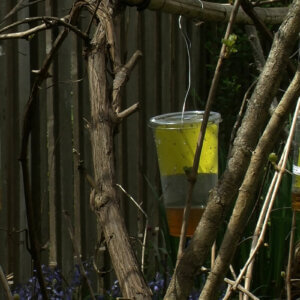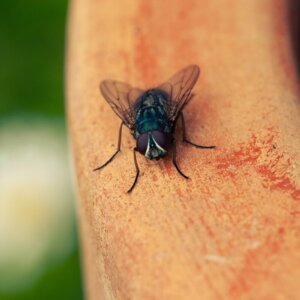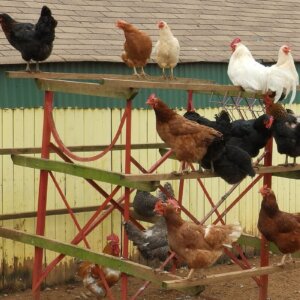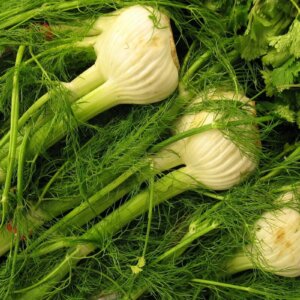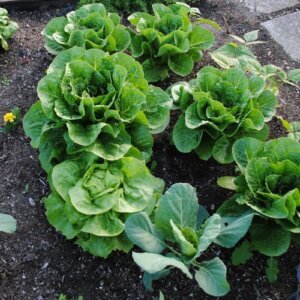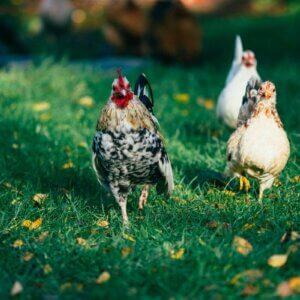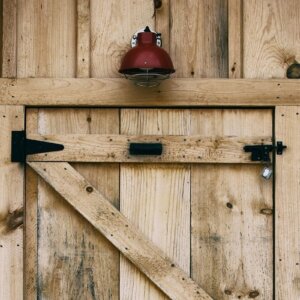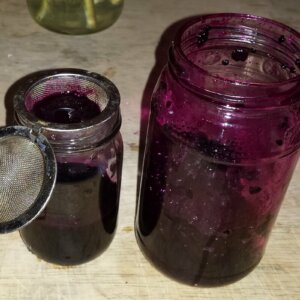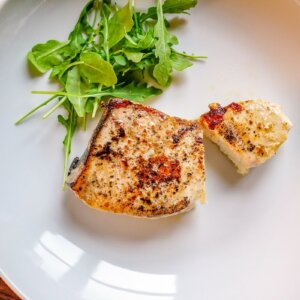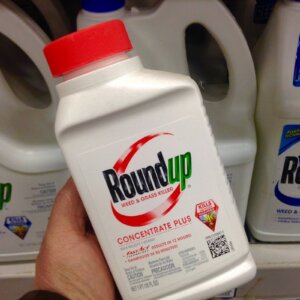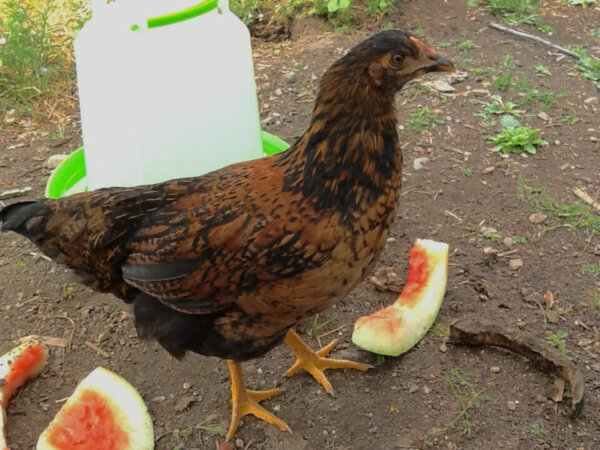
- Purpose: Meat
- Eggs: Brown
- Egg Size: Small
- Color: Brown, White, Blue
- Comb Type: Pea
If you have ever eaten chicken, you have come into contact with the legacy of the Cornish breed. Both Cornish chickens and their various hybridized counterparts are the go-to chicken in the commercial meat-producing world and in much of home meat raising as well. With a body bred specifically to make large amounts of muscle, it’s little wonder why folks who see these birds imagine them on a dinner table!
Sometimes called the Indian Game, the Cornish is a meat bird, through and through. Just take a glance at its uniquely muscled body shape, widely-spaced legs, and broad breast, and it’s easy to see why it has become one of the most popular broiler breeds.
If you have a small area for your hens, these birds can tolerate confinement fairly well. All the same, they are also capable of foraging for some of their diet. Though they are heavy eaters, if you have the space to let them roam, you may find some of your feed costs allayed.
Characteristics
Colorfully metallic or dazzlingly white, these fierce-faced birds have graced many a plate. And while the butchered benefits of these birds have been greatly publicized, there are a fair number of cons to this breed as well.
First off, their close feathering is not very insulating. These birds do poorly when exposed to the cold, and are not the best choice for those raising poultry in northern climates. A weather-hardy bird like the Chantecler would be a better option. Unfortunately, even if in an ideal climate, this breed is particularly prone to parasites!
Probably Not The Best Pet Chicken
When it comes to temperament, the Cornish doesn’t win very many points either. The roosters, in particular, are known for their aggressive nature, perhaps due to the Aseel influence in their development. If you do decide to keep both genders of this active, talkative bird, keep your wits about you when sharing space with the males!
What’s The Yield?
One might suspect that if a chicken has been developed for butchering, that not a lot of focus would have been given to its egg production, and with the Cornish, that is true. They are merely fair layers, producing about 160 small, tinted eggs a year.
What protein they don’t offer your family in eggs, however, they make up for in meat. If you pick up a Cornish chicken, you’ll find yourself surprised at their heft! Males generally reach a hefty 10 pounds at maturity, with hens reaching a respectable 8 pounds. They grow fairly slowly and have large appetites, so make sure to budget plenty aside for feed to get them to their ideal weight.
Confusing Cornishes!
It is important to note that the Cornish is a distinct breed from the Cornish Cross, though they are often mixed up. Though both are popular meat birds, the Cornish Cross is the result of mixing Cornish birds with Plymouth White Rock birds that exhibited certain features, resulting in an extraordinarily quickly growing broiler breed.
To add to the confusion, the “Cornish Hens” you might see in a grocery store are not Cornish hens at all, but Cornish Cross birds that had been butchered at a specific size and weight.
Finally, for a final touch of confounding spice, both the rooster and hen of this breed look fairly similar. If in a large flock, keep an eye out for the larger, potentially more aggressive ones, and you’ve found your roosters!
Pictures Of Cornish Chickens
Resources
- Cornish Cross For Meat, Purely Poultry
- Cornish, My Pet Chicken
- Cornish, Oklahoma State University
- Cornish, Livestock Conservancy
- Fancy Poultry Breeds/Chickens/Indian Game, Poultry Hub
- Cornish, Backyard Chickens
- Cornish Chicken, Roy’s Farm
- Breed Profile: Cornish, Backyard Chicken Coops
- The Chicken Chronicles: The World’s Dumbest Chicken, The Self Sufficient HomeAcre
- Raising Cornish Cross Chickens For Meat, Purely Poultry
- Whats Up With The Cornish Cross, Community Chickens



